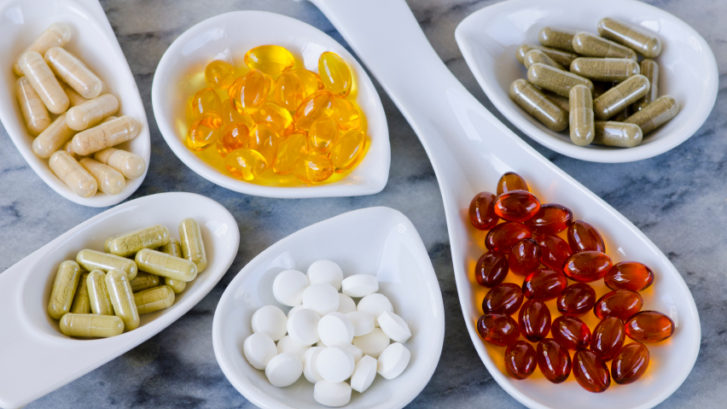Is There Danger In Your Supplements?
When those of us who practice concierge medicine visit with our patients, we often find they’re self-dosing with numerous over-the-counter supplements, everything from multivitamins to herbal supplements to mysterious concoctions meant to prevent various illnesses, aid in weight loss and body building, even enhance sexual performance.
With over 30,000 supplements on the market today, most of them unregulated, we are concerned that our patients may be unaware of hidden side effects and even dangers with many of the pills or concoctions they innocently consume. Between 2007 and 2012, the FDA received reports of more than 6,300 reports of serious adverse events linked to dietary supplements, including 115 deaths and over 2,100 hospitalizations.
And yet, many continue to take these vitamins and supplements in the belief that—because they’re “natural” or that they’re sold over the counter—they can’t do you any harm. A 1994 law (the Dietary Health and Education Supplement Act) actually prevents the FDA from regulating dietary supplements, or removing them from sale unless it can prove a supplement is unsafe.
Thus, many supplements sold over the counter are unregulated; analysis of some supplements have found little or none of the advertised content actually existed in the product. But even when the ingredients in supplements contain exactly what they’re supposed to, that doesn’t necessarily mean they’re safe. They can interact with other supplements and prescription medications you’re taking, interfering with effectiveness. And they can cause other problems.
Most people have heard of the dangers associated with some of the diet supplements targeted for weight loss and body building. However, sometimes even the most innocuous-seeming supplements may do more harm than good. For example, you may not be aware that vitamins A and E are not water soluble, and will not be excreted in the urine. Instead, they can build up in the body’s tissues and lead to an inadvertent overdose. Another example: Vitamin E and beta carotene supplements can actually increase the chances of developing lung cancer in smokers.
Herbal supplements raise similar concerns. St. John’s Wort, for instance, is sold over the counter for mild depression. Some potential side effects include dizziness, sun sensitivity, insomnia, anxiety and headaches. It can also reduce the effectiveness of birth control pills and certain heart medications. Fish oil can cause nausea and diarrhea, and increase the levels of LDL (bad) cholesterol and increase the risk of bleeding. Some people have suffered such severe liver damage with green tea extract that they required a liver transplant.
The fact is, any foreign substance introduced into the body can cause a negative reaction. Just ask anyone with a peanut allergy. Remember: “Natural” doesn’t necessarily mean safe. Tobacco is “natural.” So is poison ivy, ragweed, and deadly nightshade.
Before you take any supplement, check out the source for quality, and always mention it to your doctor. We here at MD 2.0 Jupiter are thoroughly conversant with dietary supplements and their pros and cons, and stand ready to discuss any questions or concerns you may have.


